At Trinity Women’s Hospital, we understand that infertility treatment is not just about medical procedures but also about emotions, trust, and affordability. That’s why we are proud to offer ICSI (Intracytoplasmic Sperm Injection) treatment in India at one of the most affordable costs compared to other countries — without compromising on quality.
ICSI is a highly advanced fertility procedure designed to help couples struggling with severe male infertility issues such as low sperm count, poor sperm motility, or abnormal sperm shape. In this process, a single healthy sperm is directly injected into the egg, increasing the chances of successful fertilization.
What is ICSI Treatment?
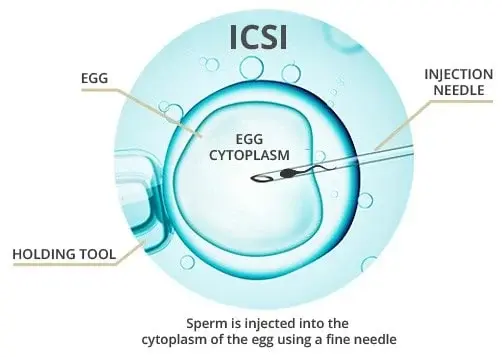
ICSI (Intracytoplasmic Sperm Injection) is an advanced fertility treatment that is commonly used as part of the IVF (In-Vitro Fertilization) process. It is mainly recommended for couples facing male infertility problems, such as low sperm count, poor motility, abnormal sperm shape, or when previous IVF attempts have failed.
In a normal IVF cycle, thousands of sperm are placed around the egg to allow natural fertilization. But in ICSI, fertility specialists use a micromanipulator and a powerful operating microscope to carefully select a single healthy sperm. This sperm is then directly injected into the egg to increase the chances of fertilization.
Why Choose Trinity Women’s Hospital for ICSI?
- Affordable ICSI treatment cost in India compared to USA, UK, or Australia.
- World-class fertility doctors with years of expertise in IVF and ICSI.
- Advanced embryology labs following global protocols.
- Personalized treatment plans tailored to every couple’s unique journey.
- High ICSI success rates in India comparable to international standards.
Steps of the ICSI Procedure
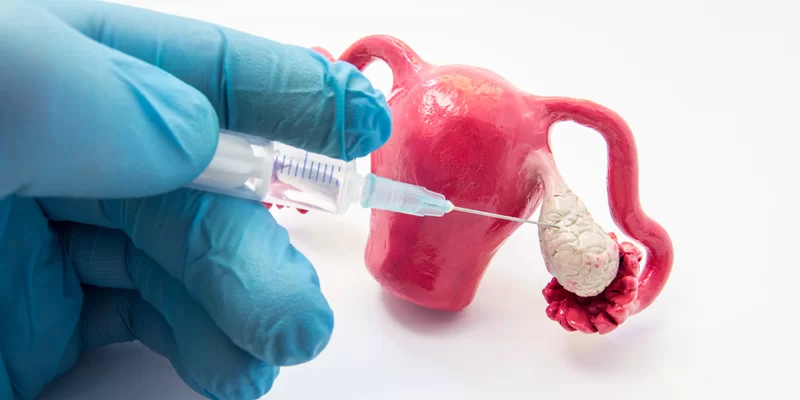
Ovarian Stimulation
The woman takes hormonal injections to produce multiple mature eggs
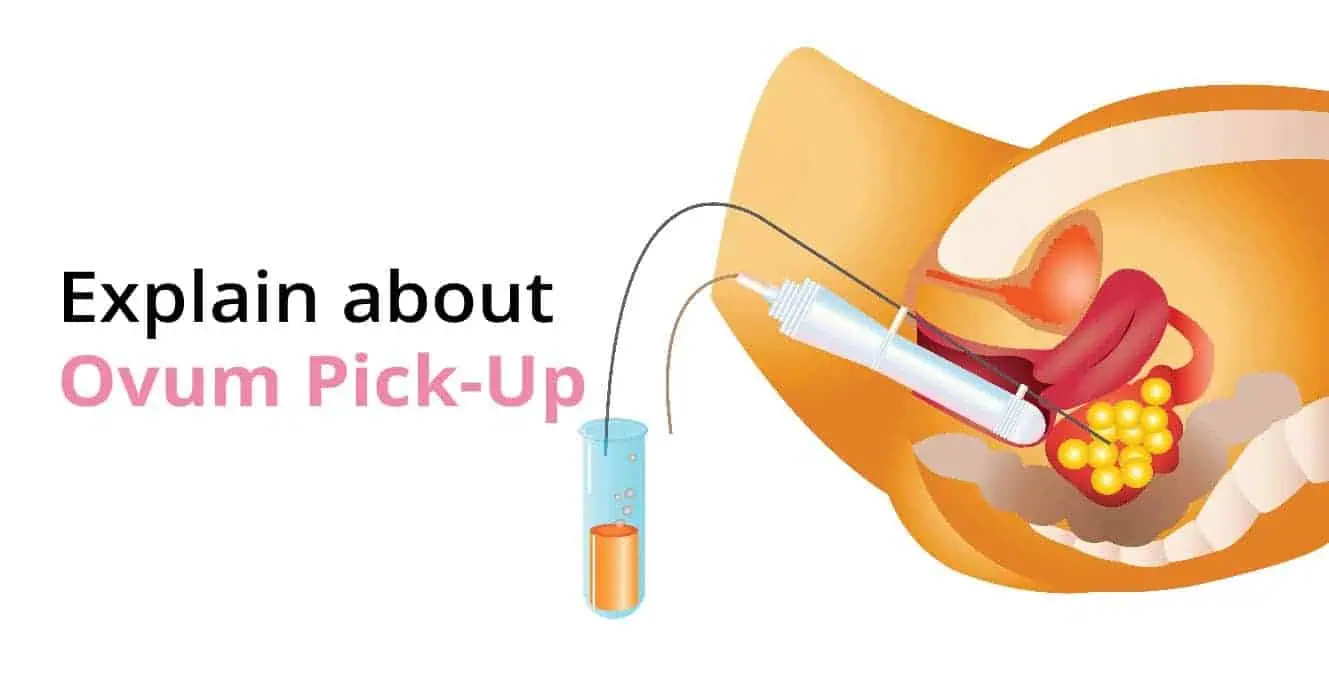
Egg Retrieval (Ovum Pickup)
The mature eggs are collected from the ovaries using ultrasound guidance.

Sperm Selection
Healthy and motile sperm are chosen from the semen sample.
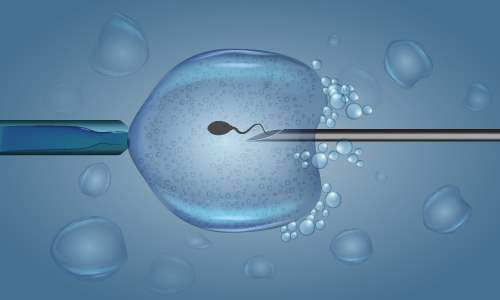
Sperm Injection
A single sperm is directly injected into each egg using a fine needle under the microscope.
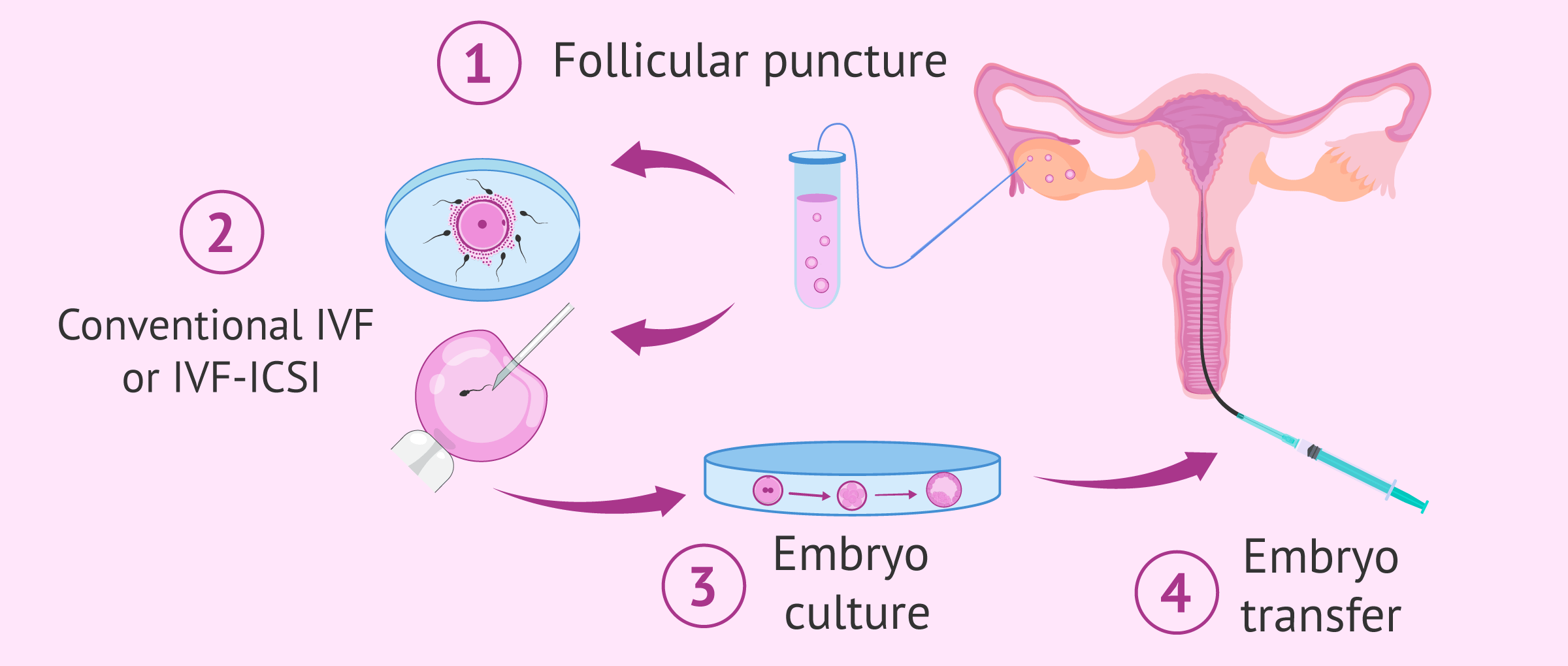
Fertilization & Embryo Culture
The fertilized eggs (embryos) are monitored for 3–5 days in the lab.
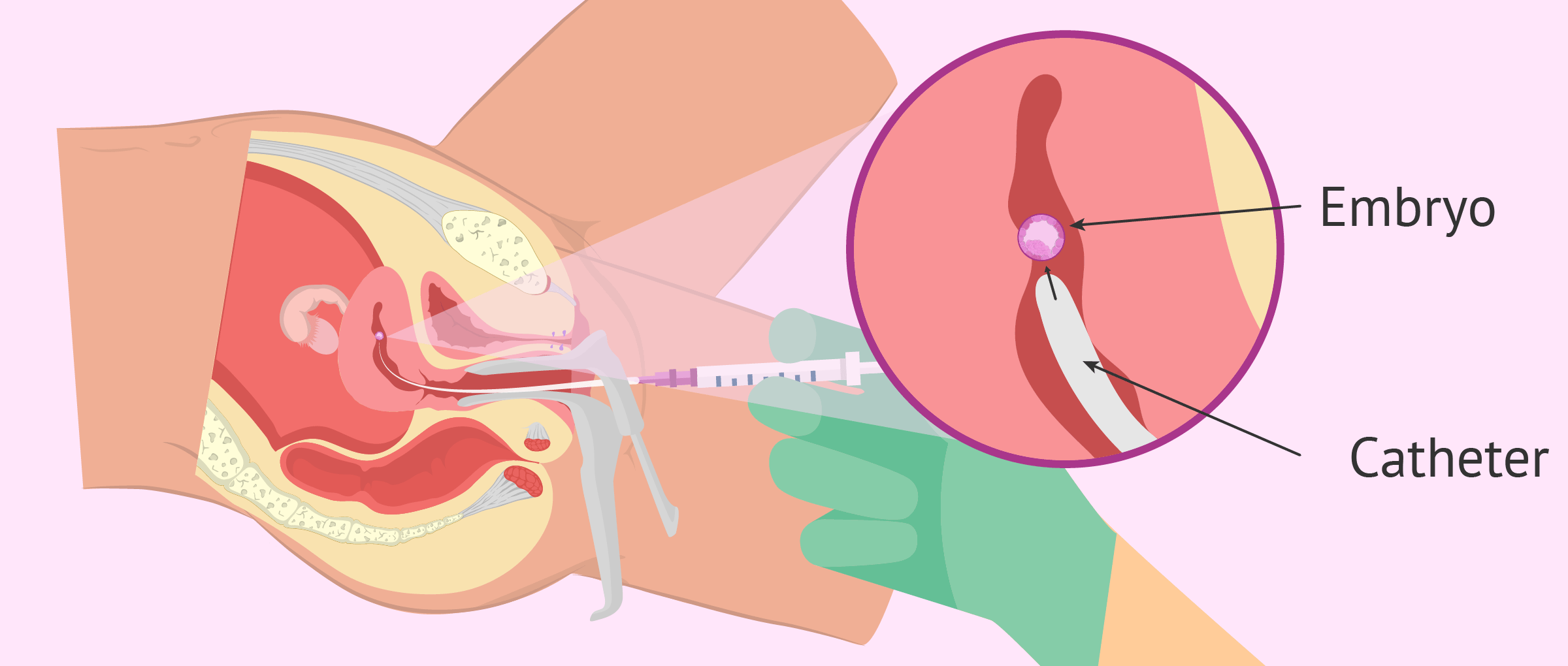
Embryo Transfer
The best-quality embryo(s) are transferred into the uterus to achieve pregnancy.
Success Rates at Trinity Women’s Hospital
The ICSI success rate in India at Trinity Women’s Hospital ranges between 45–60% per cycle, depending on age and fertility health. For women under 35, success rates can be even higher, ensuring couples a better chance at achieving pregnancy.
Your Dream of Parenthood Starts Here
If you are looking for affordable ICSI treatment in India, Trinity Women’s Hospital offers you the perfect balance of world-class fertility care and cost-effectiveness. We believe every couple deserves the joy of parenthood, and we are here to support you every step of the way.
FAQs on ICSI Treatment Cost in India
The ICSI treatment cost in India at Trinity Women’s Hospital generally ranges from ₹1,20,000 to ₹2,50,000 per cycle. The final price depends on several factors, such as the woman’s age, response to ovarian stimulation, required medications, and whether additional services like embryo freezing, donor eggs, or genetic testing (PGT/PGS) are included. Even with add-ons, our ICSI packages remain 60–70% more affordable compared to Western countries like the USA, UK, Canada, or Australia, where the same treatment can cost ₹6–12 lakhs per cycle. Choosing Trinity Women’s Hospital ensures patients receive affordable ICSI in India with world-class facilities and advanced IVF labs.
Trinity Women’s Hospital is recognized as one of the best fertility centers in India for ICSI treatment, combining affordability with global standards of medical care. We have a team of expert IVF and ICSI specialists, internationally trained embryologists, and a state-of-the-art embryology lab equipped with the latest technology like operating microscopes, advanced incubators, and ICSI workstations. Along with medical excellence, we provide personalized fertility plans, transparent pricing, and compassionate counseling, making us the top choice for couples searching for affordable ICSI treatment in India without compromising on quality or success.
Yes, in many cases, ICSI offers higher success rates than traditional IVF—especially for couples struggling with severe male infertility, such as low sperm count, poor motility, or abnormal sperm morphology. In IVF, sperm must naturally penetrate the egg, which can fail in male factor infertility. In ICSI treatment, a single healthy sperm is carefully selected and directly injected into the egg using advanced micromanipulation, significantly improving fertilization chances. At Trinity Women’s Hospital, our ICSI success rates in India range between 45–65% per cycle, depending on the patient’s age and medical history. Many couples who had repeated IVF failures have achieved parenthood with ICSI treatment at our hospital.
Yes, Trinity Women’s Hospital is a trusted fertility destination for international patients seeking affordable and reliable ICSI treatment in India. Every year, couples from countries such as the USA, UK, UAE, Africa, and Southeast Asia travel to India for advanced fertility care. They choose us because of our affordable ICSI cost in India, high success rates, advanced IVF technology, and transparent treatment plans. We also provide complete medical tourism support, including help with medical visa documentation, airport pickup, local stay arrangements, language assistance, and continuous care during treatment. This makes the journey comfortable and stress-free for couples who want world-class ICSI treatment at a fraction of the international cost.
The ICSI treatment cost in India is more affordable than in Western countries because of lower medical infrastructure costs, reasonably priced medications, and the availability of highly skilled fertility doctors at competitive consultation charges. At Trinity Women’s Hospital, we ensure that even though the cost is affordable, the quality of care is never compromised. We use international protocols, advanced IVF labs, and strict safety standards that match leading fertility centers worldwide. Couples choosing India save up to 70% of treatment costs while still receiving international-quality ICSI treatment. This affordability, combined with expert doctors, modern labs, and high ICSI success rates, makes India—and especially Trinity Women’s Hospital—one of the best destinations in the world for fertility treatments.
